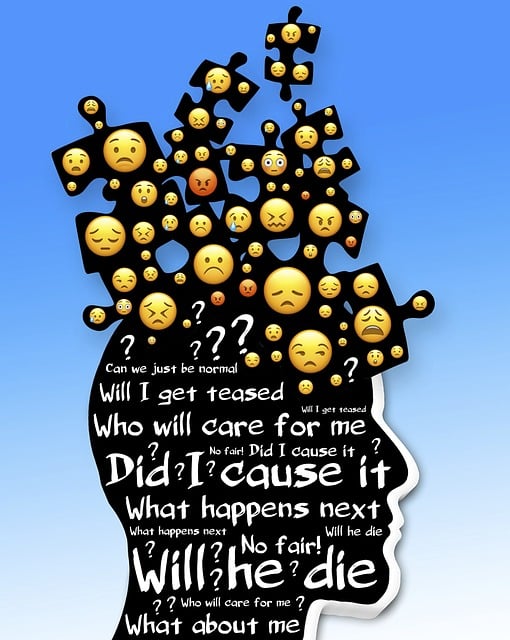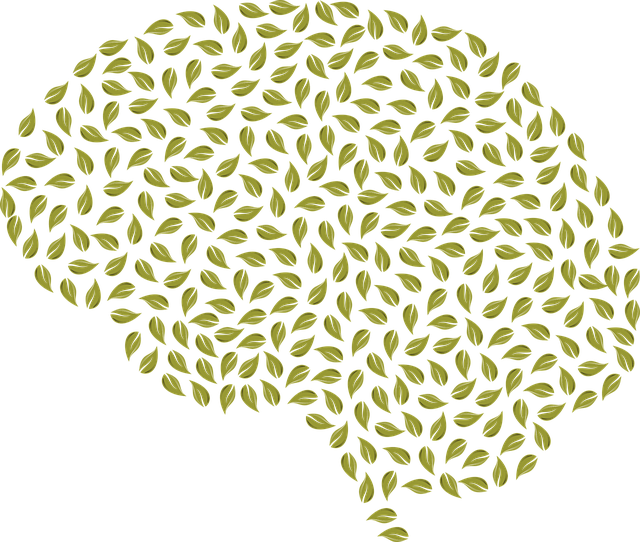Louisville Anger Management Therapy is revolutionizing community challenges by addressing mental health and interpersonal conflicts, leading to safer neighborhoods and improved relationships. Through tailored multi-faceted therapy, participants process trauma, develop healthier coping mechanisms, and learn peaceful conflict resolution strategies, reducing domestic violence and enhancing risk management for professionals. Effective outreach prioritizes safety, ethical considerations, and cultural context, with regular assessments ensuring continuous improvement and maximum positive impact on individuals and families in Louisville and beyond.
Louisville Anger Management Therapy has emerged as a powerful tool, positively impacting communities. This article explores effective strategies for implementing community outreach programs, focusing on Louisville’s innovative approach. We delve into how these initiatives address local needs, enhance mental health services, and foster healthier environments. By examining success metrics and learning from best practices, we aim to guide organizations in maximizing the reach and impact of their outreach efforts, mirroring Louisville’s successful model with adaptable strategies for community healing.
- Understanding Louisville Anger Management Therapy and its Impact on the Community
- Strategies for Effective Community Outreach Programs Implementation
- Measuring Success: Evaluation and Continuous Improvement of Outreach Initiatives
Understanding Louisville Anger Management Therapy and its Impact on the Community

In Louisville, Anger Management Therapy has emerged as a vital component in addressing community challenges related to mental health and interpersonal conflicts. This therapeutic approach is tailored to help individuals recognize, manage, and constructively channel their anger, thereby fostering healthier relationships and safer neighborhoods. The impact of Louisville Anger Management Therapy extends beyond individual transformation; it contributes to broader community well-being by reducing incidences of domestic violence, improving communication strategies among residents, and enhancing overall risk management planning for mental health professionals.
Effective therapy often involves a multi-faceted approach that incorporates emotional healing processes, helping participants process underlying trauma and develop healthier coping mechanisms. By prioritizing open dialogue and empathy, these programs facilitate the restoration of broken connections within communities. Moreover, they equip individuals with valuable communication strategies that are essential in resolving conflicts peacefully and promoting positive social interactions. Louisville Anger Management Therapy, therefore, serves as a game-changer in nurturing a more harmonious society where emotional well-being is prioritized alongside physical safety.
Strategies for Effective Community Outreach Programs Implementation

Effective community outreach programs require a strategic approach to ensure they resonate with and benefit the intended audience. One key strategy is Louisville Anger Management Therapy, which involves tailoring programs to address specific needs within diverse communities. By understanding the unique challenges and cultural contexts, mental health professionals can implement Risk Management Planning that prioritizes safety and ethical considerations while fostering trust and engagement.
Additionally, incorporating Compassion Cultivation Practices and Emotional Intelligence into outreach initiatives can enhance their impact. These practices promote empathy, understanding, and effective communication, allowing for deeper connections with community members. Such an inclusive approach not only improves program outcomes but also strengthens the bond between mental health professionals and the communities they serve.
Measuring Success: Evaluation and Continuous Improvement of Outreach Initiatives

Evaluating the success of community outreach programs is an integral part of ensuring their long-term impact and effectiveness. For initiatives like Louisville Anger Management Therapy, measurement goes beyond mere participation; it’s about understanding the tangible benefits and changes within the target communities. By implementing robust evaluation strategies, organizations can assess whether their outreach is fostering mental wellness, building empathy, and boosting confidence—key aspects that contribute to a healthier, more connected society.
Regular assessments allow for continuous improvement, ensuring that these programs remain relevant and responsive to evolving community needs. This iterative process involves collecting feedback from participants, measuring behavioral changes, and tracking long-term outcomes. Through such evaluation, community outreach groups can adapt their strategies, enhance engagement, and ultimately maximize the positive impact they aim to have on individuals and families in Louisville and beyond.
Louisville Anger Management Therapy has demonstrated significant positive impacts on community well-being. By implementing effective outreach programs, as outlined in this article, communities can successfully reach and support individuals in need. Measuring success through evaluation and continuous improvement ensures these initiatives remain impactful and relevant. Embracing these strategies fosters a healthier, more connected community, where anger management techniques play a pivotal role in enhancing overall quality of life.














